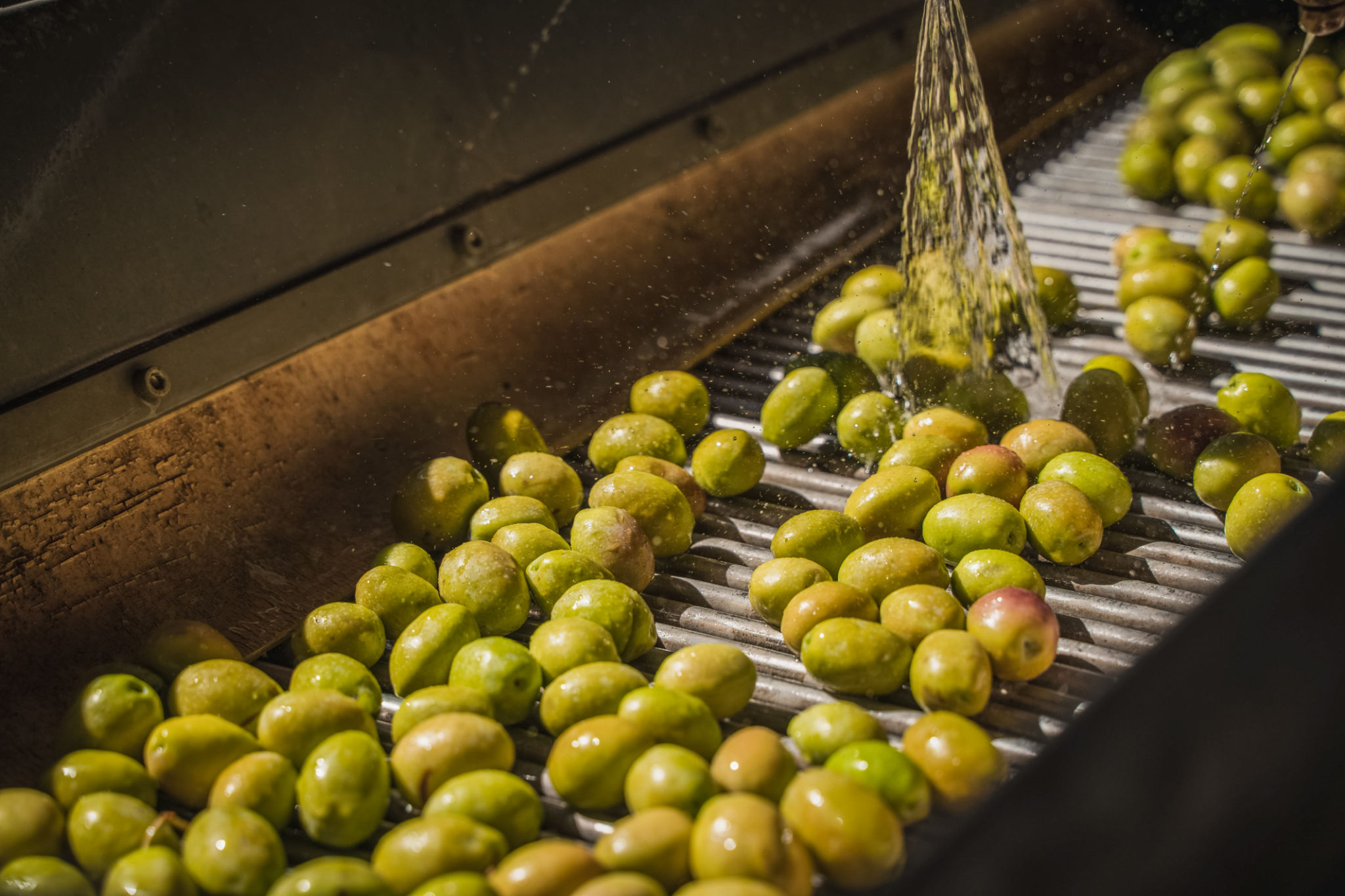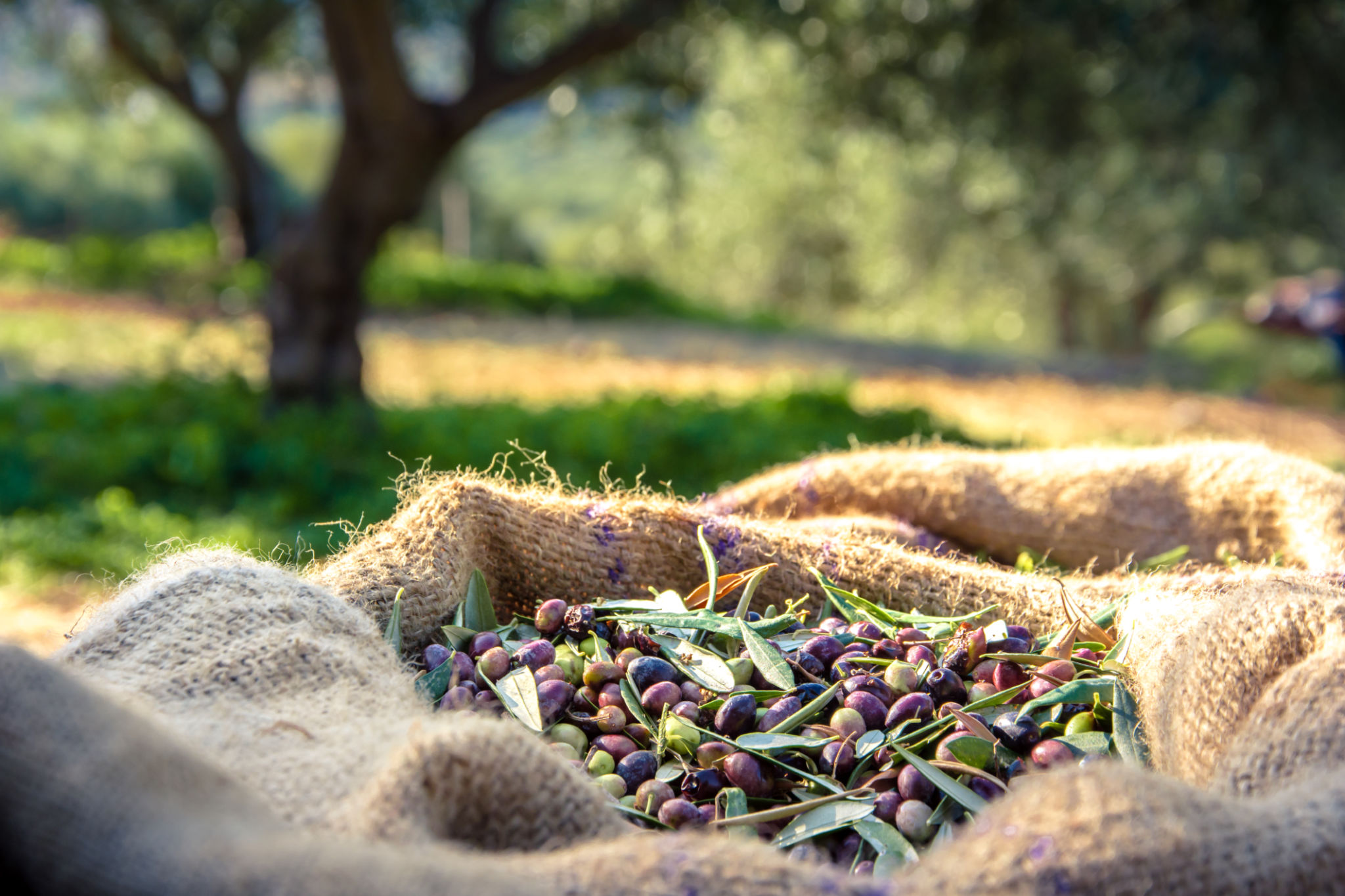Exploring the Rich History of Greek Olive Oil Production
NB
The Origins of Greek Olive Oil
The production of olive oil in Greece is a tradition that dates back thousands of years, entwining with the very fabric of Greek culture and heritage. Olive trees, often referred to as the "gift of the gods," have been cultivated since ancient times, with archaeological findings suggesting that olive oil was being produced as early as the 3rd millennium BC. This deep-rooted history contributes to the profound respect and love Greeks have for olive oil, making it a staple in their diet and economy.

Mythology and Olive Oil
In Greek mythology, olive trees are considered sacred, associated with the goddess Athena. According to legend, Athena planted the first olive tree on the Acropolis in Athens, which became a symbol of peace and prosperity. This mythological connection has had a lasting impact on the cultural significance of olive oil in Greece, where it is revered not just as a food product but as a symbol of life and fertility.
Olive oil was also used extensively in ancient religious rituals, including anointing kings and athletes, and as fuel for lamps in temples. These practices underscore its multifaceted role in ancient Greek life, beyond its culinary uses.
Evolution of Olive Oil Production Techniques
Over the centuries, the techniques for producing olive oil have evolved significantly. Initially, olives were crushed using stone mortars and pestles, a method that gradually gave way to more sophisticated mechanical presses. These innovations allowed for greater efficiency and higher quality oil extraction, which was crucial as the demand for olive oil grew both domestically and internationally.

Today, Greece boasts modern olive oil production facilities that utilize cutting-edge technology while still honoring traditional methods. This blend of old and new ensures that Greek olive oil remains among the finest in the world, renowned for its rich flavor and health benefits.
The Role of Olive Oil in Greek Economy
Olive oil production plays a critical role in the Greek economy. Greece is one of the world's top producers of olive oil, with thousands of families relying on this industry for their livelihood. The country's diverse climate and terrain provide ideal conditions for cultivating a variety of olives, each contributing to the unique taste profiles found in Greek olive oils.
Exporting olive oil is also a significant economic activity, with Greek olive oils being highly sought after on the global market. The emphasis on quality over quantity ensures that Greek olive oil maintains its prestigious reputation abroad.

Culinary Uses and Health Benefits
In Greek cuisine, olive oil is an essential ingredient used in everything from salads to main dishes. Its rich flavor enhances the taste of traditional Greek dishes such as moussaka, tzatziki, and spanakopita. Moreover, it serves as a perfect complement to freshly baked bread or drizzled over grilled vegetables.
Beyond its culinary uses, olive oil is celebrated for its numerous health benefits. Rich in monounsaturated fats and antioxidants, it is known to support heart health, reduce inflammation, and even lower the risk of chronic diseases. These qualities make it a cornerstone of the Mediterranean diet, which is considered one of the healthiest dietary patterns worldwide.
Preserving Tradition While Embracing Innovation
The future of Greek olive oil production lies in striking a balance between preserving traditional practices and embracing technological advancements. This approach not only honors the rich history of Greek olive oil but also ensures its continued success in an ever-evolving global market.
As Greece continues to innovate while maintaining its time-honored traditions, the legacy of Greek olive oil remains strong—a testament to its enduring cultural significance and economic importance.